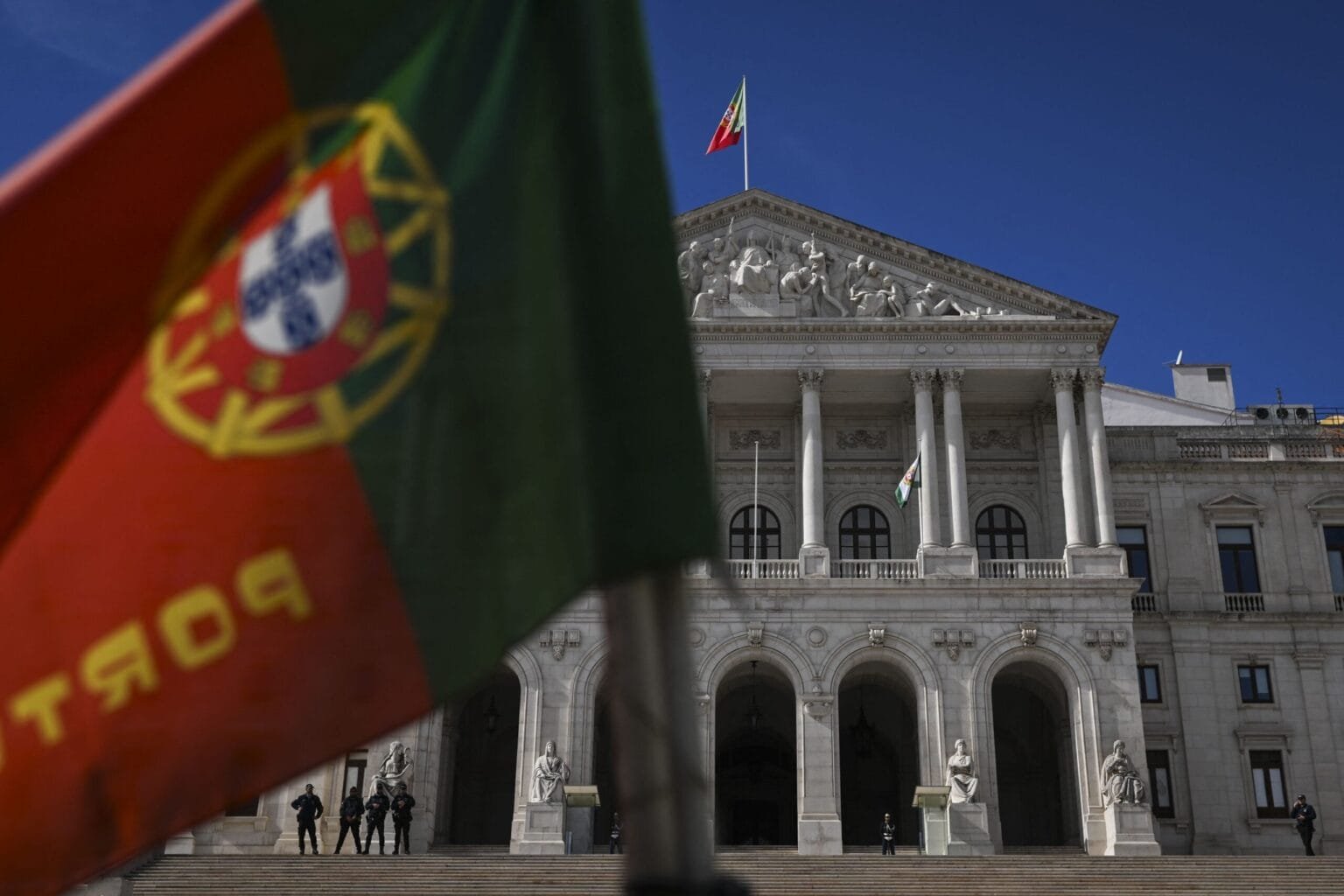Portugal formally recognised the State of Palestine on Sunday, 21 September, its Foreign Affairs Minister Paulo Rangel announced at the country’s permanent mission to the United Nations in New York. Rangel described the recognition as “the realisation of a fundamental, constant, and fundamental line of Portuguese foreign policy.”
He said Portugal upholds the two-state solution as “the only path to a just and lasting peace” and called for an immediate ceasefire in Gaza. Rangel also insisted that Hamas must not have any control in Gaza or elsewhere, demanded the release of all hostages, and strongly condemned the humanitarian crisis — notably famine, destruction, and the ongoing expansion of Israeli settlements in the West Bank.
Portugal’s move was made in coordination with similar recognitions by the United Kingdom, Canada, and Australia. Meanwhile, Palestine formally welcomed the decision as “a brave step” and urged more countries to follow suit to support international law, civilian protection, and a renewed political process.
On the Israeli side, the recognition drew sharp criticism. Officials in Jerusalem described the move as counterproductive and warned that it could embolden Hamas, with Prime Minister Benjamin Netanyahu reiterating that a Palestinian state would not be established under current circumstances.
Though symbolic, Portugal’s recognition and those by its Western allies mark a significant diplomatic shift amid mounting international frustration over the war in Gaza and the humanitarian disasters unfolding there.





